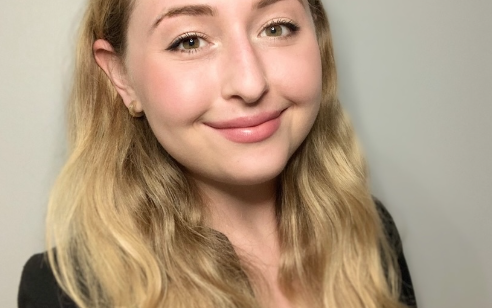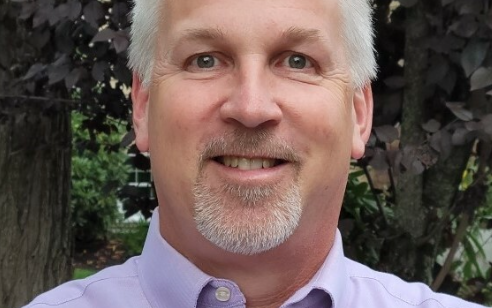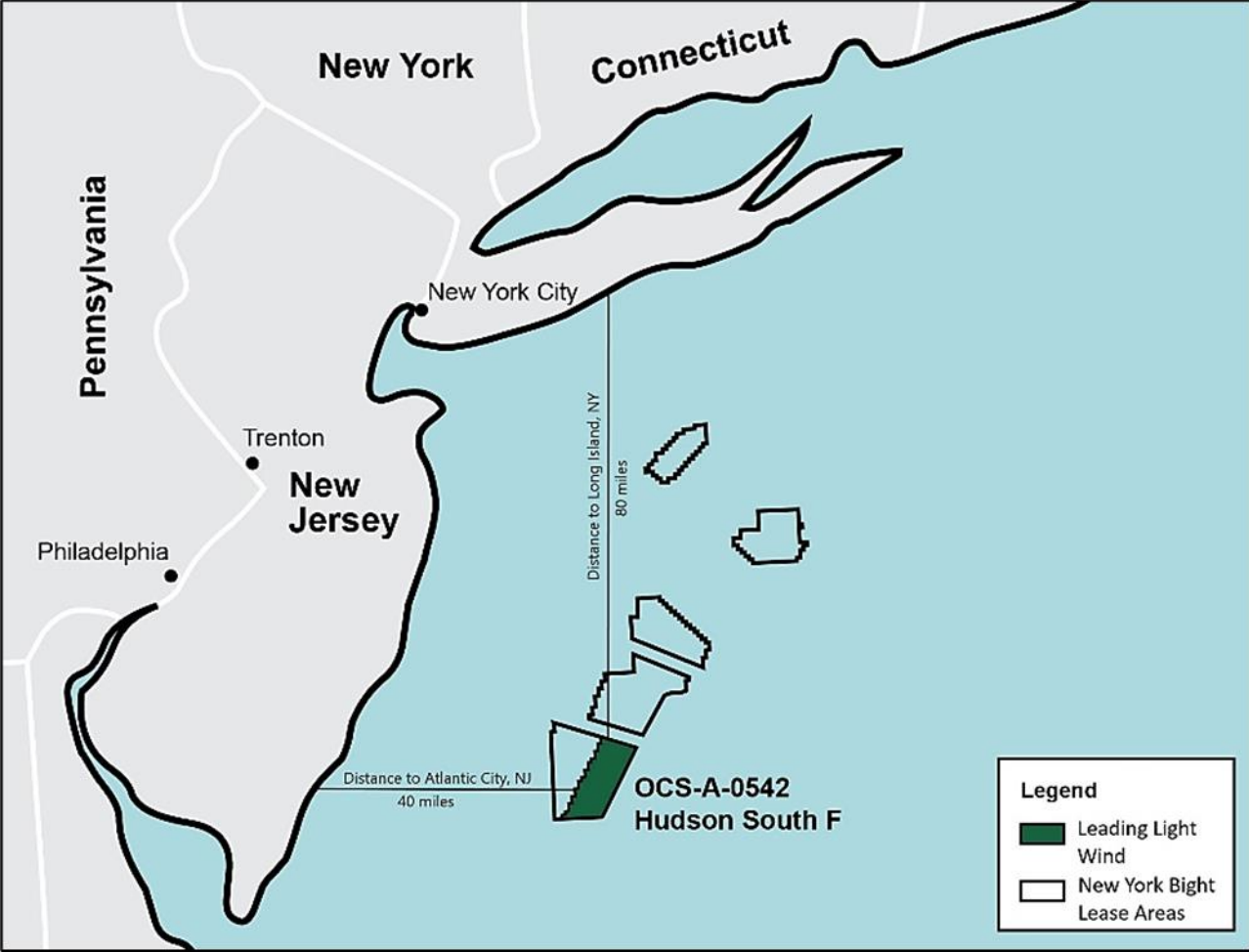Developers of the Leading Light Wind offshore energy project in the New York Bight said Tuesday that they have brought on a new fisheries stakeholder engagement team from Sea Risk Solutions LLC.
Sarah Hudak has joined as fisheries liaison officer, supported by Ron Larsen, managing partner of Sea Risk Solutions, a maritime and fisheries communication consultant. Sea Risk is a maritime risk mitigation and liaison services company that started in 2013 working on subsea cable protection, and now is involved in offshore wind planning.
Leading Light released its new “fisheries communication plan,” a detailed document on how it will work with commercial and recreational fishermen, fisheries managers and others during planning, construction and operations.
Leading Light Wind is a led by project sponsors Invenergy and New York-based energyRe. Planned as a 2,000-plus megawatt capacity at 90 turbine locations, the 84,000-acre federal lease site 40 miles east of Atlantic City, N.J., and 80 miles south of Long Island would be tied into the New York metro energy grid by a 190 kilometer export cable, according to the company.
Leading Light bills itself as “the only American-led offshore wind developer with a lease in the New York Bight.” With a successful bid of $645 million, it was one of six to place $4.37 billion in bids Feb. 23, shattering all records for offshore lease sales by the federal Bureau of Offshore Energy Management.
The partners plan for a construction start in 2027 and to have a turbine array operational in 2030. They are backed by a consortium of investors including Blackstone Infrastructure Partners, CDPQ, FirstLight Power, and Ullico Infrastructure Fund.
BOEM’s New York Bight lease offerings were reduced substantially with efforts to reduce potential conflicts with fishing, including the scallop and sea clam industries. Leading Light’s fisheries communication plan notes other fisheries in the area include squid and fixed-gear trap and gillnet fishing.
Between them Hudak and Larsen have “over 25 years of combined experience in the fishing and maritime industries,” according to a statement from Leading Light. They “will facilitate communications and close coordination between Leading Light Wind and the commercial and recreational fishing communities, associated scientific, research, and monitoring organizations, and regulatory agencies in the New York Bight.”
“We are excited to bring Sarah and Ron’s impressive knowledge to Leading Light Wind as we partner with our neighbors on the vital fishing interests in the New York Bight,” said Shannon Stewart, senior director, environmental compliance and strategy at Invenergy and member of the Leading Light Wind project team. “Engaging with our fishing communities early, with sustained collaboration, will help us develop the project responsibly and with the fisheries’ needs top of mind at every step.”

In partnership with the Leading Light Wind team, Hudak and Larsen developed Leading Light Wind’s Fisheries Communication Plan (FCP), which outlines the robust engagement strategy that will facilitate open dialogue with fishing stakeholders and timely communications about the project.
Hudak’s experience includes more than four years as a fisheries biologist aboard commercial fishing vessels, and expertise in coastal and estuarine systems of the southeast Atlantic.
“I look forward to working closely with our fishing communities to promote an authentic and effective dialogue between mariners and Leading Light Wind during the project’s development and beyond,” said Hudak. “Building strong lines of communication is critical to maintaining a vibrant fishing industry and meeting the region’s important offshore wind energy goals.”
Larsen has worked “to facilitate communications, coexistence, and partnerships between fishing communities and offshore wind development since 2019,” according to the company. His prior experience includes more than 20 years in the subsea telecom cable industry.

Earlier in his career, he helped establish the domestic fisheries observer program on the East Coast of the United States, first as a fisheries observer based out of Point Judith, R.I. covering more than 150 days offshore. Larsen rose to chief of operations for the monitoring program, and a “key part of that position was developing and maintaining relations with fishermen and industry leaders,” according to his online profile with Sea Risk Solutions.
Larsen worked with a major global submarine cable supplier as senior project manager and cable route survey engineer. In those positions he managed all phases of project planning and installation, including stakeholder relations, marine surveys, permitting and cable route engineering in 25 countries. He holds a bachelor of science degree in marine biology from the University of Rhode Island.







